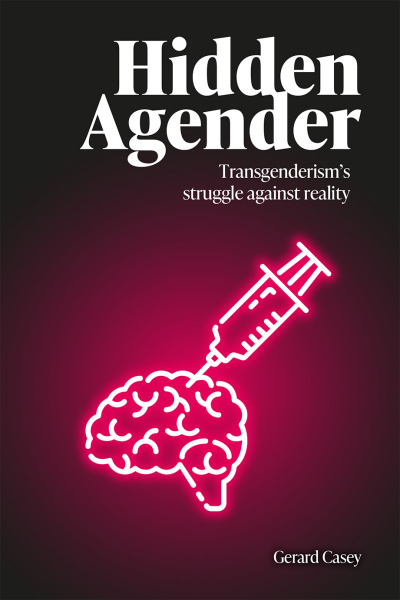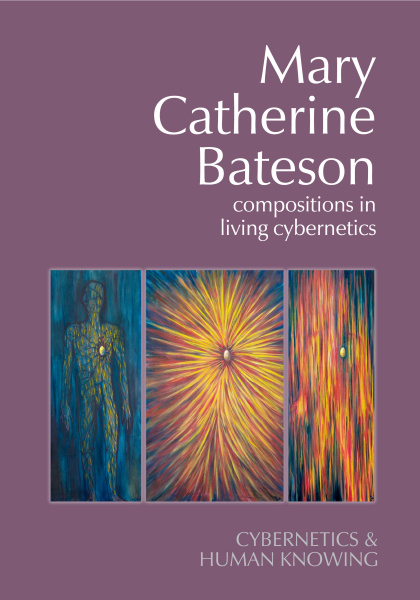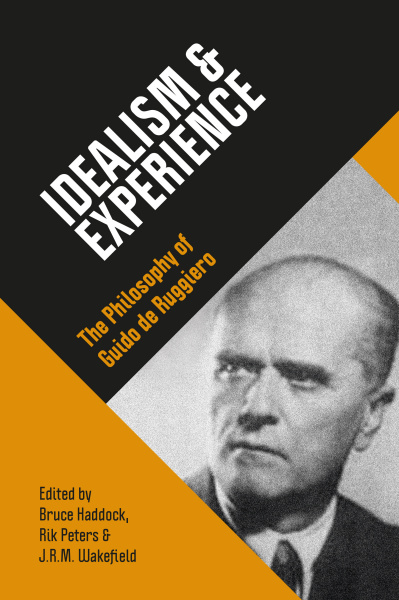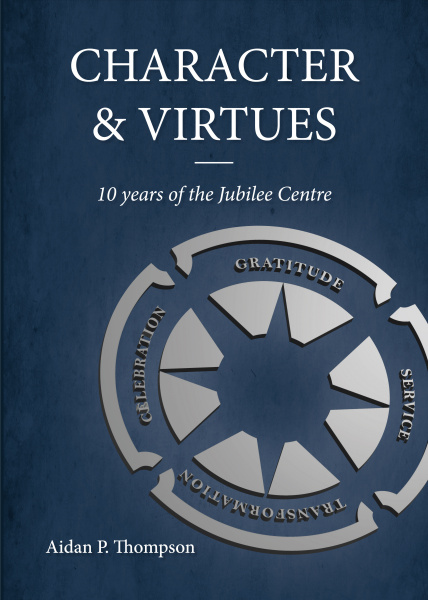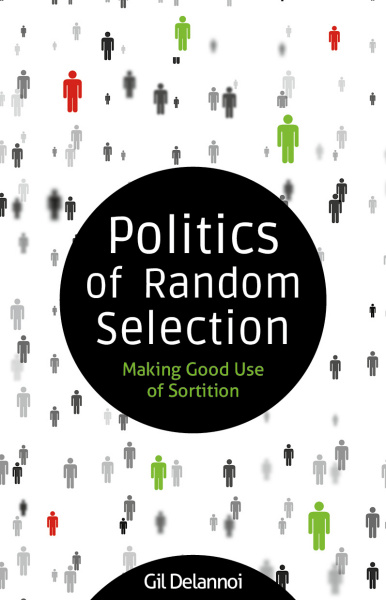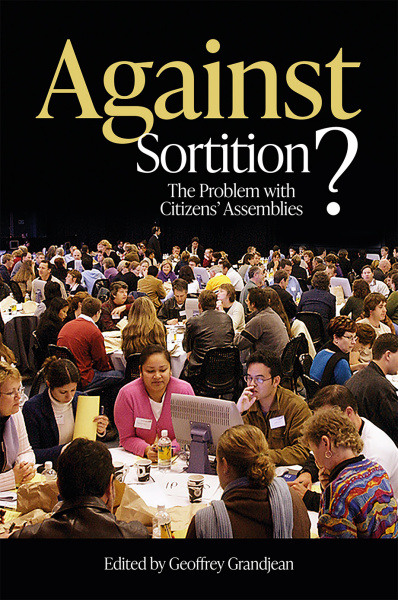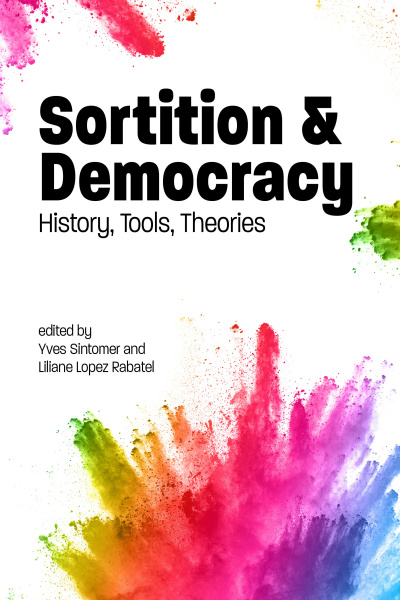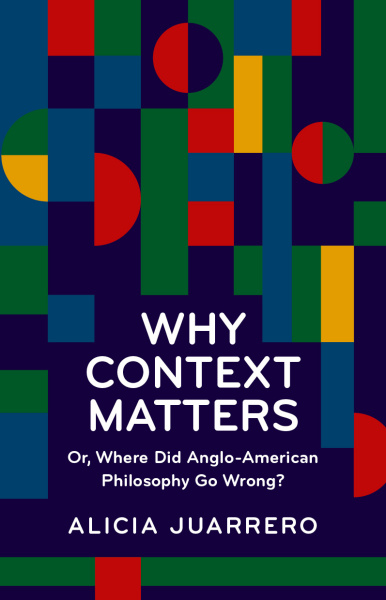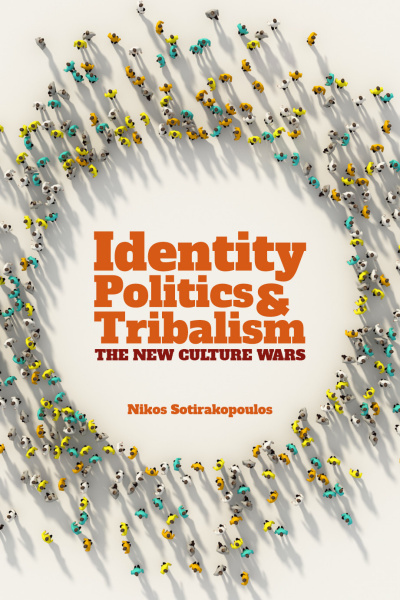Imprint Academic
-

Rethinking Thinking
Problem Solving from Sun Tzu to Google
Everyone, as the French philosopher René Descartes pointed out long ago, thinks. That's the easy bit. The harder part, and what this book is really about, is how to make your thinking original and effective. The focus here is on practical suggestions about ways to think better.
-

Becoming Artificial
A Philosophical Exploration into Artificial Intelligence and What it Means to be Human
Becoming Artificial is a collection of essays about the nature of humanity, technology, artifice, and the irreducible connections between them. Is there something fundamental to being human or are humans simply biological computers?
-

Don't Believe What You Think
Arguments for and against SCAM
This book discloses the errors and lies that misled you into believing things about so-called alternative medicine (SCAM) that are untrue. It analyses the many falsehoods used in the promotion of SCAM, explains the erroneous thinking behind them, and presents the scientific evidence in easily understandable terms.
-

Laws of Form: Spencer-Brown at Esalen, 1973
This Special Issue of Cybernetics and Human Knowing contains rare material related to G. Spencer-Brown's book Laws of Form and its contents. In 1973 there was a conference at Big Sur at which Spencer-Brown discussed his calculus with a group of scientists. In this issue we print Walter Barney’s transcripts of the conference.
-

At Our Wits' End
Why We're Becoming Less Intelligent and What it Means for the Future
We are becoming less intelligent. This is the shocking yet fascinating message of At Our Wits' End. The authors take us on a journey through the growing body of evidence that we are significantly less intelligent now than we were a hundred years ago, why that may be, and what its consequences might be for the future.
-

SCAM
So-Called Alternative Medicine
So-called alternative medicine (SCAM) is popular and therefore important. This book was written by someone who received SCAM as a patient, practised SCAM as a doctor, and researched SCAM as a scientist. It provides an insider's perspective by covering aspects of SCAM which most other books avoid.
-

A Hospitable Universe
Addressing Ethical and Spiritual Concerns in Light of Recent Scientific Discoveries
This book argues that new developments in the sciences, in particular twentieth-century physics and twenty-first-century biology, suggest revising several pessimistic outlooks for the development of a scientific understanding of the relationship of humans with the universe.
-

The Many Faces of Coincidence
The Many Faces of Coincidence proposes an inclusive categorisation for coincidences of all shapes and sizes. At the same time, some of the implications arising from the various explanations are explored, including the possibility of an underlying unity of mind and matter constituting the ground of being.
-

The Singularity
Could artificial intelligence really out-think us (and would we want it to)?
Volume combining two special issues of the Journal of Consciousness Studies on the philosophical aspects of a possible artificial intelligence singularity.
-

The Scientific Metaphysics of Charles S. Peirce
This collection of articles investigates central themes and difficulties in the metaphysics of C.S. Peirce.
-

Situated Aesthetics
Art Beyond the Skin
This book focuses on externalist approaches to art. It is the first fruit of a workshop held in Milan in September 2009, where leading scholars in the emerging field of psychology of art compared their different approaches using a neutral language and discussing freely their goals.
-

Reforming Science
Beyond Belief
This volume is an attempt to reform science, to place science in its broad historical and philosophical context where dogmatic belief has no place, to remind science itself that it has limitations.
-

Transdisciplinary Cybernetics and Cybersemiotics
The guiding idea behind this collection of papers is a presentation of the transdisciplinary scope of the new semiotics offering a deeper and broader framework than the structuralist semiology.
-

Science in Civil Society
These days, science is everywhere. How should we respond to this ambiguous and ubiquitous thing called science?
-

Why Spirituality is Difficult for Westerners
Dr Hay is Honorary Senior Research Fellow at the University of Aberdeen. A zoologist by profession, his research has been guided by the hypothesis that religious or spiritual awareness is biologically natural to the human species and has been selected for in evolution.
-

World in My Mind, My Mind in the World
Key Mechanisms of Consciousness in People, Animals and Machines
Not consciousness, but knowledge of consciousness: that is what this book communicates in a fascinating way.
-

Science as a Spiritual Practice
Science as a Spiritual Practice is in three parts. In the first part the author argues that there are problems with materialism and that self-transformation could lead scientists to more comprehensive ways of understanding reality. Part two discusses inner knowledge and altered states. Part 3 analyses the philosophy of Franklin Wolff.
-

Psychedelic Horizons
This is a different kind of book about psychedelics. Rather than describing psychedelic experiences, it presents four future-oriented ideas 'coming over the psychedelic horizon', which illustrate the potential benefits of psychedelics for humanity.
-

Ways of Knowing
Science and Mysticism Today
The world faces a crisis of meaning. The old stories — whether the exclusive claims of rival religions or the grand schemes of perennial philosophy — seem bankrupt to many. The editorial stance of this book is that mysticism and science offer a way forward here.
-

Paradoxical Primate
Human beings have an evolved but highly adaptable nature. This book sets out to establish a new framework for understanding human nature, from an evolutionary perspective but drawing on existing social sciences.
-

Science, Consciousness and Ultimate Reality
The Science, Consciousness and Ultimate Reality project was set up with the support of the John Templeton Foundation in order to examine critical issues at the interface between science, religion and the field of 'consciousness studies'.
-

Volitional Brain
Towards a Neuroscience of Freewill
The puzzling status of volition is explored in this issue by a distinguished body of scientists and philosophers.
